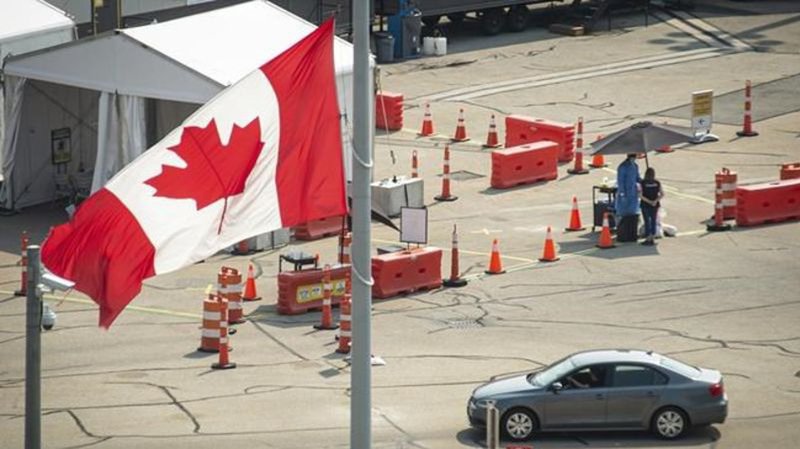
How U.S. citizens can make travelling from U.S. to Canada as painless as possible
WASHINGTON — Fully vaccinated U.S. citizens and permanent residents can now enter Canada for non-essential purposes for the first time since March 2020, when the COVID-19 pandemic forced the two countries to severely curtail travel.
Still, there are stringent requirements and rules in place that need to be followed to ensure crossing into Canada goes smoothly. Here are five key questions to consider before making a run for the (northern) border:
1. What constitutes being “fully vaccinated,” as far as the Canada Border Services Agency is concerned?
Several things. First, eligible travellers must have completed a full course of one of the four COVID-19 vaccines approved by Health Canada: Pfizer-BioNTech, Moderna, Oxford-AstraZeneca (also known as Covishield) or the single-dose Johnson & Johnson shot. No other vaccines are allowed. Secondly, and this is critical: 14 full days must have elapsed since the last dose, otherwise a person is not considered fully vaccinated.


